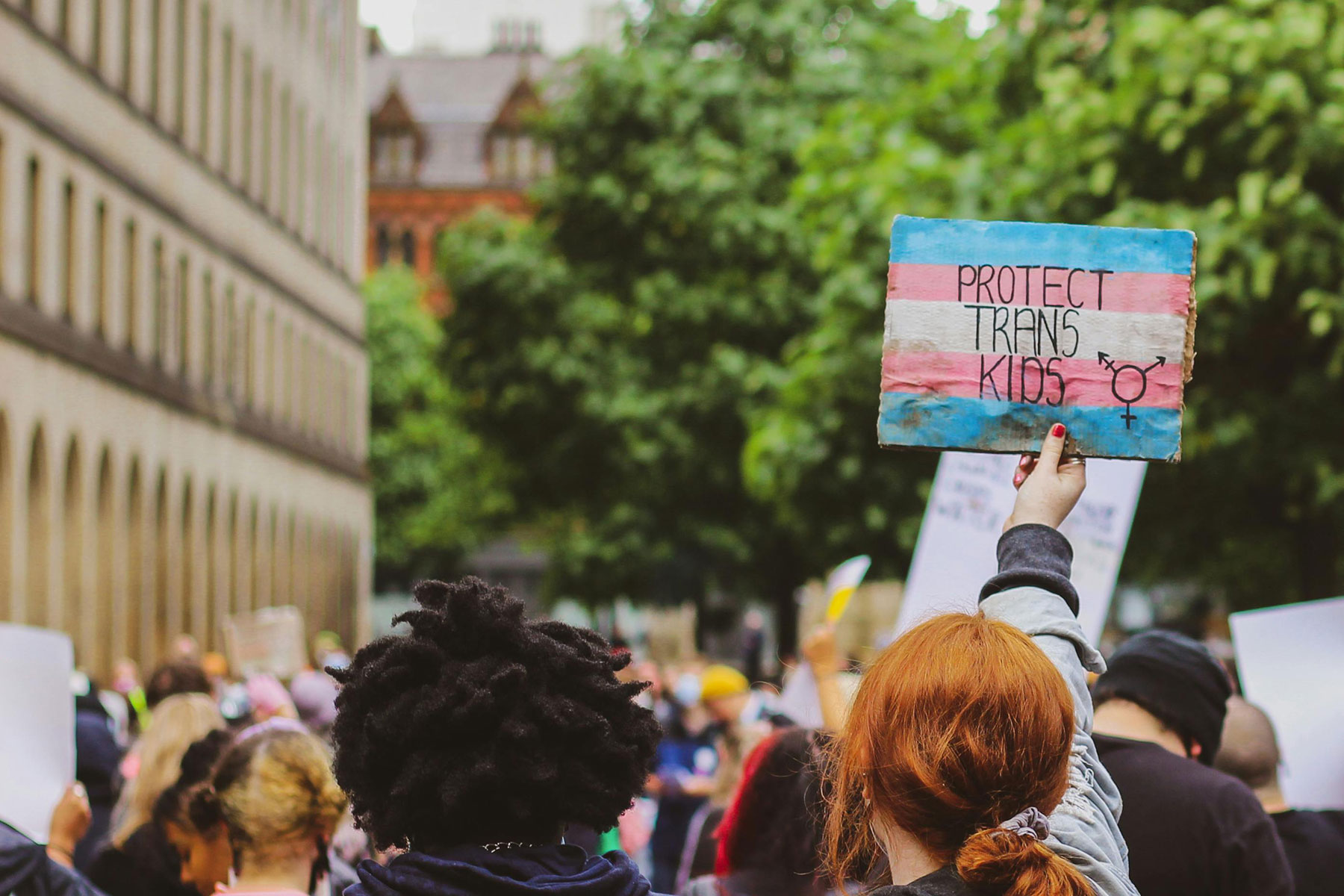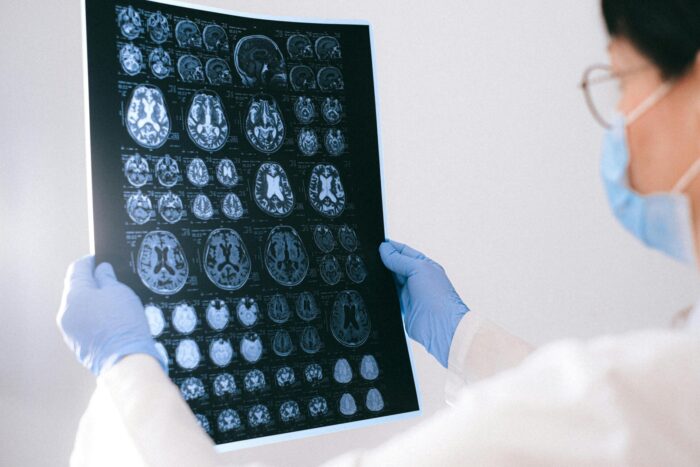
WHY ASK ABOUT SEXUAL ORIENTATION AND GENDER IDENTITY?
There is a growing body of evidence showing that Lesbian, Gay, Bisexual, Transgender, and Queer/Questioning (LGBTQ+) youth suffer from potentially traumatic events (PTEs) at significantly higher rates than their straight and cisgender peers. Among the most prevalent PTEs affecting LGBTQ+ youth are parental rejection, bullying, physical and sexual harassment, and hate crimes. Consequently, LGBTQ+ youth experience a wide array of health disparities, such as increased rates of anxiety, depression, suicidal ideation and attempts, drug and alcohol misuse, sexually transmitted diseases/infections, homelessness, and Post Traumatic Stress Disorder (PTSD). The alarming rate at which LGBTQ+ youth are victimized in the United States urges us to identify LGBTQ+ youth in order to assess for safety and risk of self-harm or suicidality, prevent exposure to trauma via psychoeducation, and refer to evidence-based trauma-focused treatment when they have been exposed to trauma. Nevertheless, discussing and acknowledging sexual orientation and gender identity—with or without the aforementioned PTEs—has not been common practice in child-serving systems and organizations.
Often LGBTQ+ youth’s increased risk for trauma is partly due to societal stigma and prejudice. As a trauma treatment provider, you have an obligation to provide safe and affirming spaces for LGBTQ+ youth to express themselves honestly—without fear of judgment, ridicule, or having their identities outed. Additionally, you must ask about essential and basic information such as gender identity, sexual orientation, and PTEs. Without asking these important questions, you cannot provide trauma-informed services that truly meet the unique needs of LGBTQ+ youth and their families. It is essential that as a provider, you actively acknowledge and validate youth who hold marginalized identities and seek to understand the ways in which these identities and PTEs may intersect.
Share This Post!
Exploratory Study Associates Childhood Trauma with Brain Features in Abusive Mothers
By University of Fukui As sad as it is, child maltreatment continues to be a prevalent global social issue. Recent studies have revealed that up to one billion children aged 2 [...]
SAMHSA Recognizes Posttraumatic Stress Disorder Awareness Month
By Stacey Owens, M.S.W., LCSW-C, Military and Veterans Affairs Liaison, Center for Mental Health Services Although often associated with combat veterans, Posttraumatic Stress Disorder (PTSD) is a mental health condition that [...]
Post-traumatic Stress Disorder and Cancer
By American Society of Clinical Oncology (ASCO) Post-traumatic stress disorder (PTSD) is a type of anxiety disorder. Some people develop PTSD after experiencing a frightening or life-threatening situation. PTSD is most [...]
Childhood Trauma Impacts Muscle Function in Later Life
By Morgan Sherburne – University of Michigan Adverse childhood experiences can detrimentally affect muscle function in older adults by impairing mitochondrial activity necessary for energy production. The study analyzed muscle biopsies from [...]
The True Link Between Early Trauma and Adult Mental Health
By David Rettew M.D., ABCs of Child Psychiatry The last decade of the 1990s was often labeled the “Decade of the Brain,” as many mental health clinicians and researchers emphasized biological [...]
What’s the Best Treatment for PTSD in Children?
By Joan Kaufman, PhD Joan Kaufman, PhD, of the Department of Psychiatry at Yale University, discusses the different stages of trauma-focused cognitive behavior therapy, or TF-CBT, the best evidence-based intervention for children who [...]







